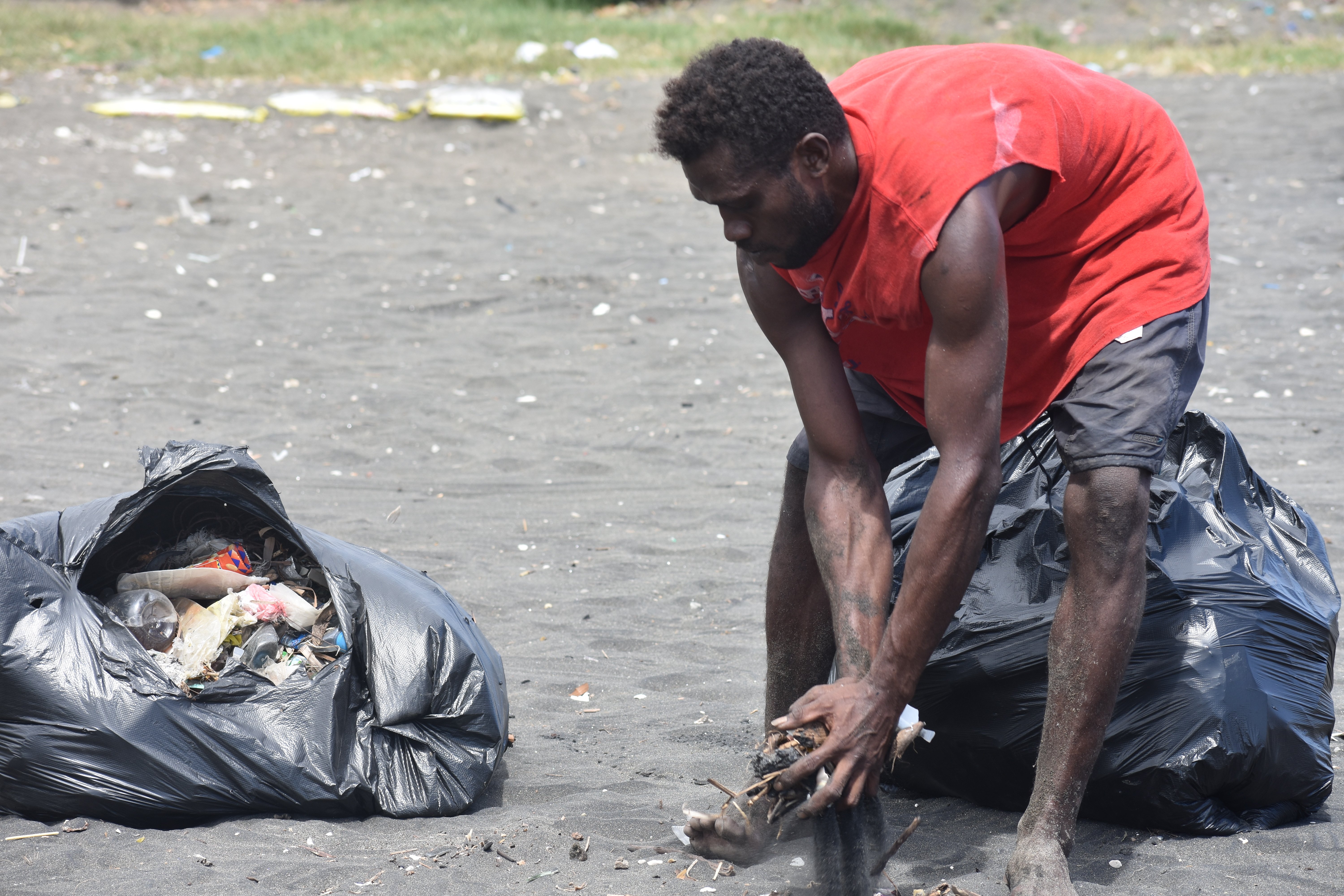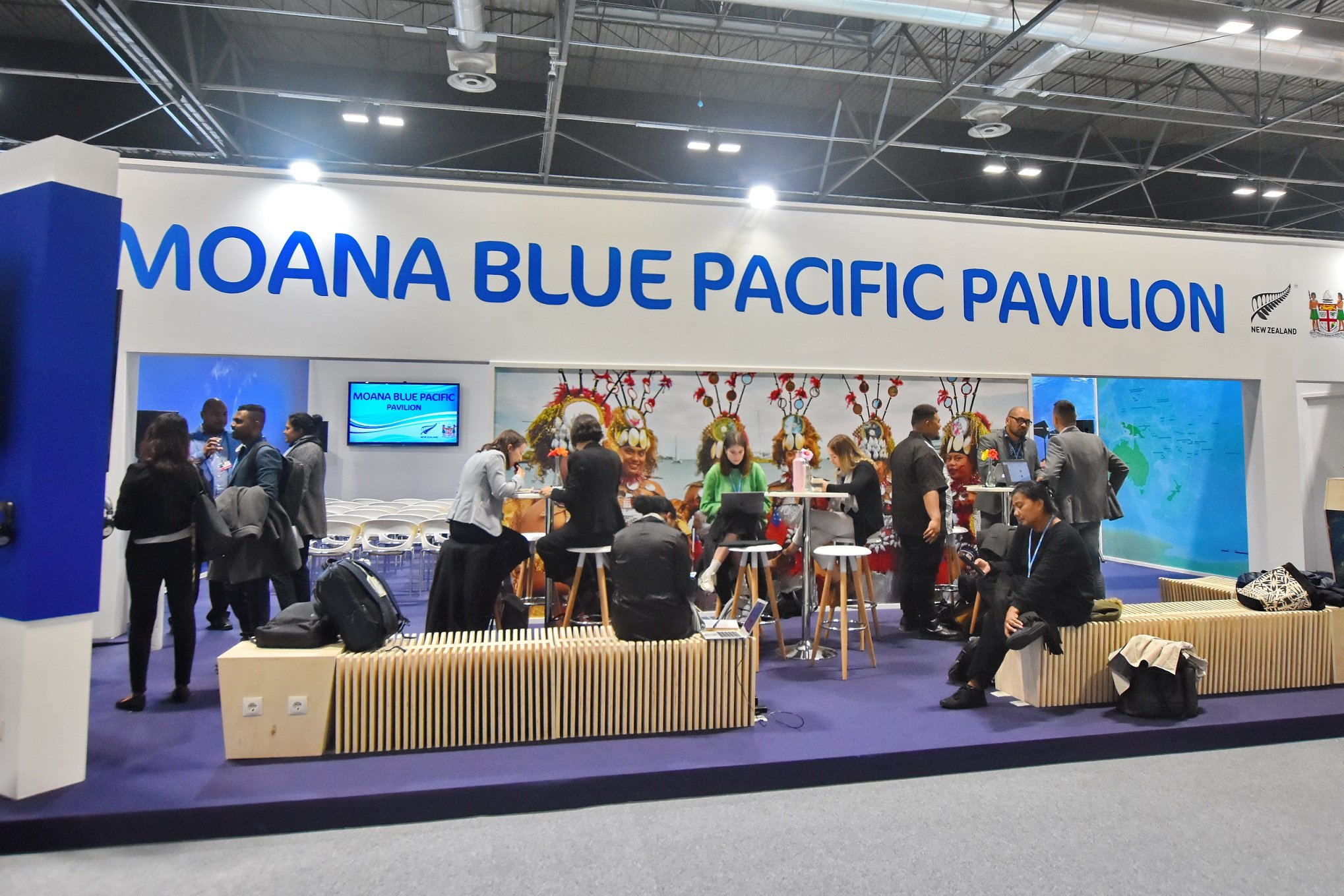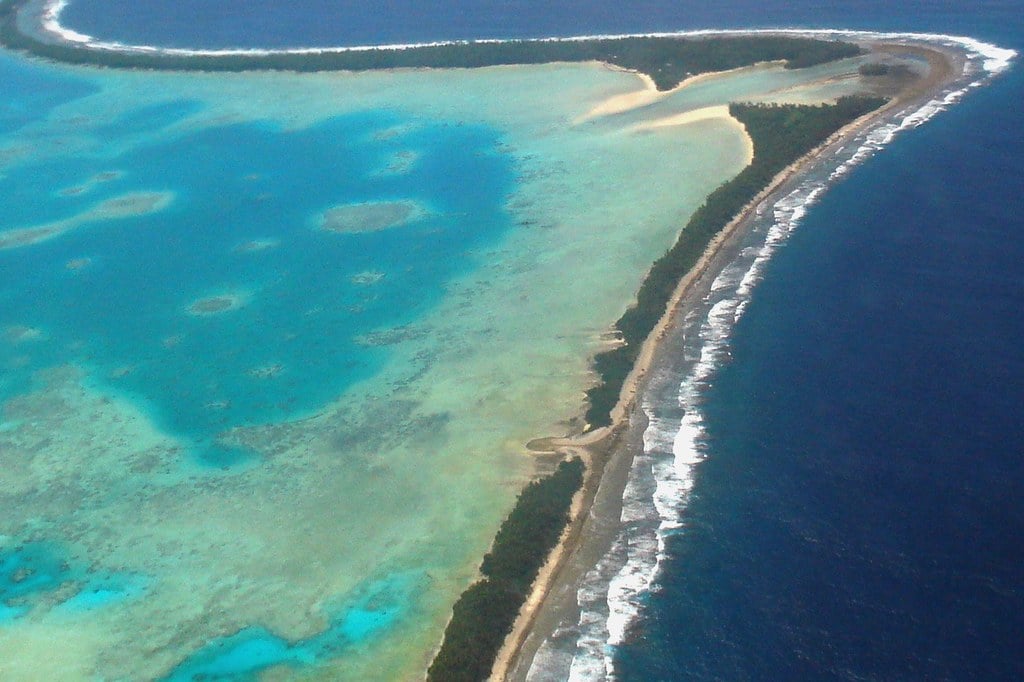The Pacific region is the focus of cooperative waste management projects, including innovative recycling programmes, which are beginning to resolve long-standing waste problems in the region.
This was revealed byKenichiro Koiwa of the Japan International Cooperation Agency (JICA) Environmental Management Group during a presentation to journalists at the JICA Head Office in Tokyo Monday.
The journalists from the Caribbean, Pacific and Japan are part of the Association for Promotion of International Cooperation (APIC) Japan Media Fellowship programme.
JICA is currently working with nine island countries as part of a regional initiative to effectively manage solid waste in the islands.
Koiwa said a number of waste management initiatives in Pacific Island Countries (PICs) have helped control the growing solid waste problem in the region.
“JICA is helping manage waste for Pacific Island Countries like Samoa, Fiji, Vanuatu, Solomon Islands and Tonga through the Japanese Technical Cooperation Project for Promotion of Regional Initiative on Solid Waste Management (PRISM1),” he said.
“The Promotion of the 3R (reduce, reuse and recycle) plus Return system initiative now includes Palau and the Marshall Islands.”
The 3R initiative aims to reduce the amount of waste going into landfills on small islands with limited land area. Palau and the Marshall Islands have added the Return initiative to export recyclable plastic bottle and aluminium can waste to producers or manufacturers. JICA believes the ‘Promotion of 3R+Return’ initiative is essential solving Pacific solid waste problems, while container deposit legislation creates an economic initiative domestically for people to earn money by returning waste to recycling centres for export.
But Koiwa acknowledged that it remains a challenge in the Pacific islands to manage rising volumes of solid waste and to export increasing amounts of recyclable goods.
The remoteness of islands that are scattered throughout the vast Pacific Ocean limits their access to international markets for recycling products, he said.
“There are high shipping costs,” said Koiwa. “There is insufficient land space for waste disposal and the economies are small to support management plans. The domestic market is small and there is lack of a functional recycle market and system.”
A World Bank review of global solid waste management, including that produced in the Pacific, said waste generated is expected to nearly double between 2012 and 2025.




